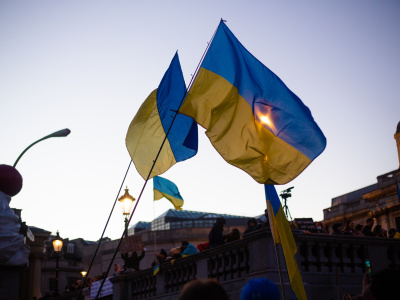
The future of EU security sector assistance: Learning from experience
Looking at experiences from the EU, Germany, France and the Netherlands, this paper reflects on the EU’s future role in working with foreign security actors and makes recommendations for how to deal practically with a number of challenges facing security sector reform.
Summary
This paper reflects on the future of the EU’s role in working with foreign security actors. It does so in the context of debates on how to better equip EU external action to deal with conflict and instability, including through a European Peace Facility, while also operationalising the linkages between security and development. Our analysis looks at the support to security sector reform (SSR) as an instrument that resides at this nexus and faces various challenges at the strategic and operational level. Such challenges include balancing short- and long-term objectives, reconciling interests and values, ensuring context sensitivity and overcoming bureaucratic and cultural divisions between policy communities.
Drawing on practices from the EU and three member states (Germany, France and the Netherlands) in the domain of security sector reform, the paper provides insights on how such challenges can be practically dealt with. First, it argues that a comprehensive SSR policy not only requires a spelled-out strategy, but also a continued dialogue process between security, peace and development communities at the strategic and policy level, involving experts and civil society actors. Second, SSR needs to build on localised approaches that are informed by political context analysis and build on existing reform processes or windows of opportunity to foster change through targeted interventions. Third, cooperation with security actors should consider the risks in doing harm or negatively impacting conflict dynamics. Practical tools exist to manage risks, but negative effects can never be completely controlled. It also requires donors to invest in political analysis capacities and security expertise. A future EPF should be integrated in an overarching SSR support policy and wider political approach to peace and security to be successful.





